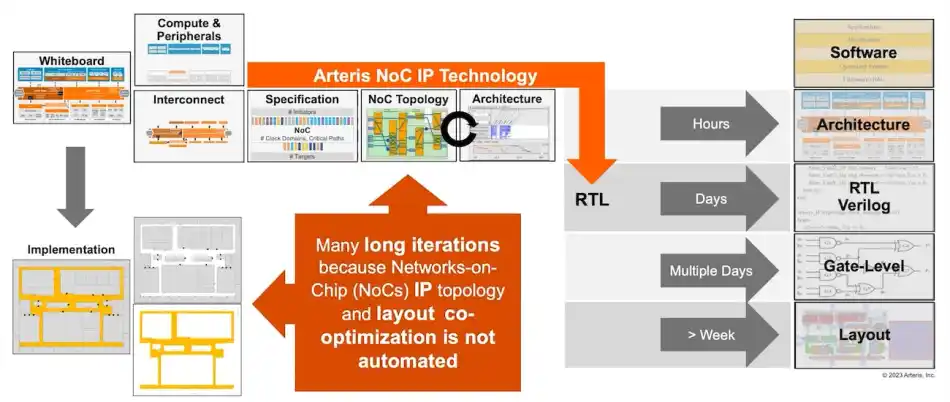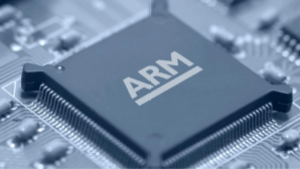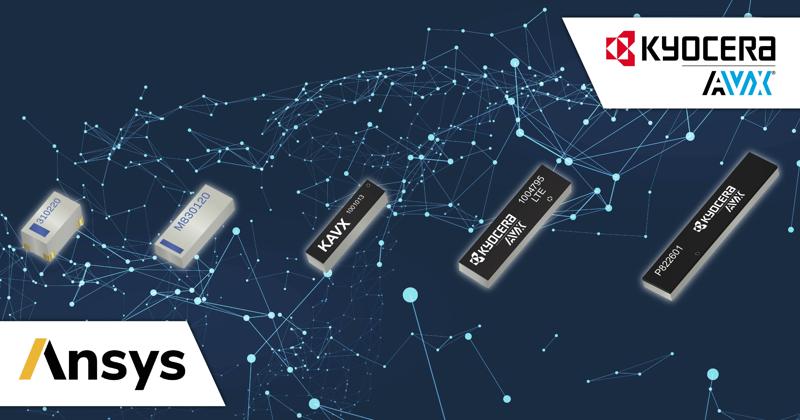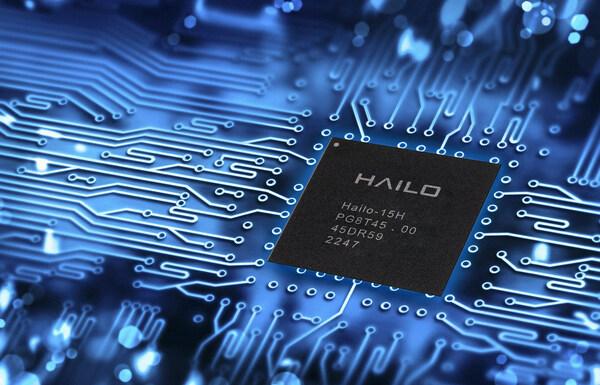
Change of guards at Intel Foundry Services (IFS)
- ICDesign
- 2023-09-23 23:01:48
Randhir Thakur, senior VP and president of Intel Foundry Services (IFS), is leaving after a rollercoaster ride to turn Intel into a world-class systems foundry. While at the helm of Intel’s IDM 2.0 drive, he recently expressed hope that IFS will eclipse Samsung’s foundry business by 2030.
Thakur, a semiconductor industry veteran with stints at Marvell, SanDisk and Applied Materials, joined Intel in 2017 and has been leading the company’s foundry business since early 2021, when it was renamed Intel Foundry Services. Intel’s spokesperson William Moss has acknowledged his role in laying the foundation of the company’s fab business.
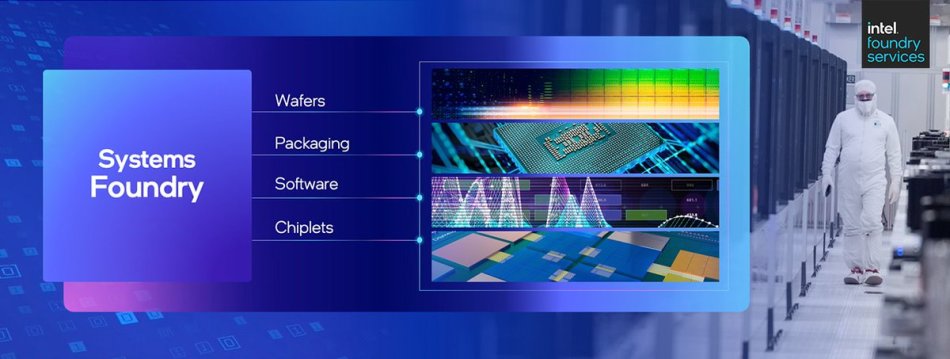
Figure 1 Thakur has proactively worked to bolster the foundry ecosystem built around IFS offerings. Source: Intel



During the last year or so, to Thakur’s credit, IFS has constantly been in the news for inking deals with EDA houses, taking design toolsets to the cloud, building strategic partnerships with semiconductor IP suppliers and more. Recently, IFS claimed to have increased engagement with seven out of 10 top fabless companies. Though only MediaTek has publicly acknowledged its liaison with IFS.
IFS has also announced a contract win with the U.S. Department of Defense for the Rapid Assured Microelectronics Prototypes – Commercial (RAMP-C) program. So, in retrospect, IFS seems to have made all the right moves since its inception.
At the same time, it’s also a fact that IFS is making little money. In the third quarter of 2022, IFS generated $171 million, which amounted to roughly 1.1% of the company’s $15.3 billion in revenue. Still, analysts and industry watchers are relating this development to Intel’s $5.4 billion acquisition of Israeli fab Tower Semiconductor, which is set to complete in February 2023. According to Intel CEO Pat Pat Gelsinger, Thakur will stay at IFS until the first quarter of 2023 to ensure a smooth transition.
Patrick Moorhead, chief analyst at Moor Insights & Strategy, says that Thakur’s departure doesn’t seem performance related. In a tweet, Moore sees this change of guards linked to the impending Tower acquisition. Tower specializes in fabrication of analog semiconductor components for automotive, medical, industrial, consumer, aerospace, and defense.

Figure 2 Industry observers are mostly relating Thakur’s departure to Tower Semiconductor acquisition. Source: Intel
Semiconductors contract manufacturing is a tough nut to crack, so after more than one year of proactive gamesmanship, Intel seems to be leaning on Tower’s foundry business expertise and learning curve instead of starting from a clean slate. Especially when Tower is known to have closely aligned its technology roadmaps with customer products.
Gelsinger says that the information about the new IFS chief will be shared soon. That also hints toward the possibility that Tower’s management will take the reins of Intel’s foundry business.
Related Content
Intel Signs MediaTek as Third Major Foundry CustomerIntel Foundry’s ‘No. 1’ Customer—U.S. DoD—Targets GAAIntel Foundry Services roadmap unveiled one deal at a timeIntel’s foundry foray and its influence on the EDA, IP industriesChange of guards at Intel Foundry Services (IFS)由Voice of the EngineerICDesignColumn releasethank you for your recognition of Voice of the Engineer and for our original works As well as the favor of the article, you are very welcome to share it on your personal website or circle of friends, but please indicate the source of the article when reprinting it.“Change of guards at Intel Foundry Services (IFS)”

